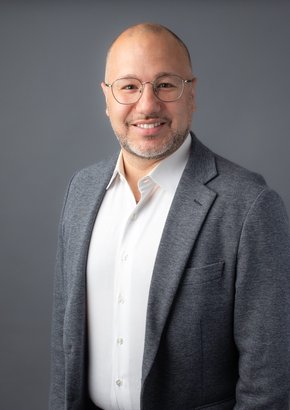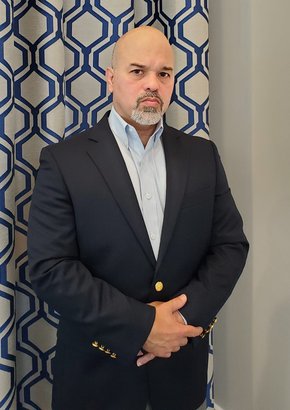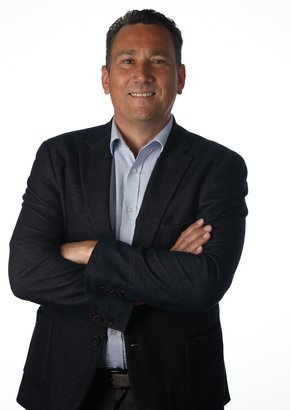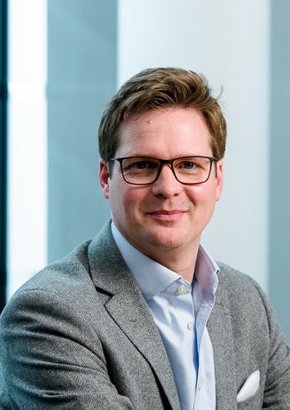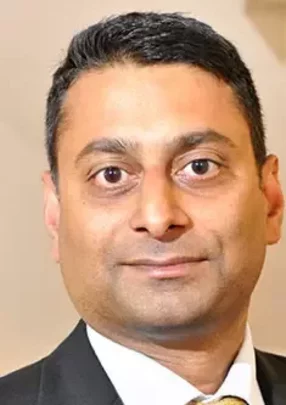
Muttukrishnan Rajarajan
Professor
Professor Muttukrishnan Rajarajan is a Professor of Security Engineering . He began his career with a BEng in electronic engineering then his PhD at City University of London, followed by working back at City University as a Research Fellow before moving to Logica as a Telecommunications Consultant
Muttukrishnan said he recognised 20 years ago that the boom in cyber security was evolving, hence his move, after working as a telecommunications consultant, into the field and now is the Director of the Institute for Cyber Security for the University.
To date, he has helped graduate more than 30 PhD in the area of cyber security and he continues to supervise a number of students in cloud security, privacy and blockchain.
Muttukrishnan is a senior member of IEEE, the IET and an full member of the Chartered Institute of Information Security and a member of Technical Programme Committees of several security and privacy conferences.
“I see this field as ever changing, which it is. Every day there are new types of threats, so the problems we have to solve are always different and this is the real challenge. But it also makes my job more exciting as I move from one new problem to another. On top of this I work with many different UK industries in ransomware, to cloud, to the Internet of Things and more which is a real spectrum,” he says.
He went on to say he loved the job because it was dealing with real life problems going on on the outside of academia. “How I approach things is I tend to take most of the problems from the industries and then try to identify how we can understand how we solve them through fundamental research, so we can add solutions for the long term.”
So how is his team involved in the work the department does?
Overall, Muttukrishnan says the team tends to pick different research projects working across the European Union and also projects with other industries funded through research councils. “We work with people varying from research assistants to fellows, to junior academics who bring in all different levels of expertise . This can vary from blockchain to psychology, to sociology and then to cyber law for example.
“So from this we get what you can say is a 360 degree perspective, rather than it being a purely technical subject. And that in itself is very interesting. People in the cybersecurity team have backgrounds ranging from social sciences to business, to law and engineering, among others.”
With such a broad spectrum, what would you say are the most important aspects of the job?
“In a word: firefighting. Companies we work with have very tight deadlines and we have to meet these deadlines as well. This is because companies we work with, like BT for example, such deadlines are imposed by the industries or by government agencies and they have deliverables,” explains Muttukrishnan.
He adds: “Many of these topics are very new, which means we have to learn quickly and change along with the nature of the issue, or problem they are identifying and resolving. That in itself is a very big challenge in this space.”
Read the full story HERE

Featured Interviews
With a strong emphasis on quality control and continuous improvement, Kymera International ensures that each particle is produced with the utmost competence and advanced technology

